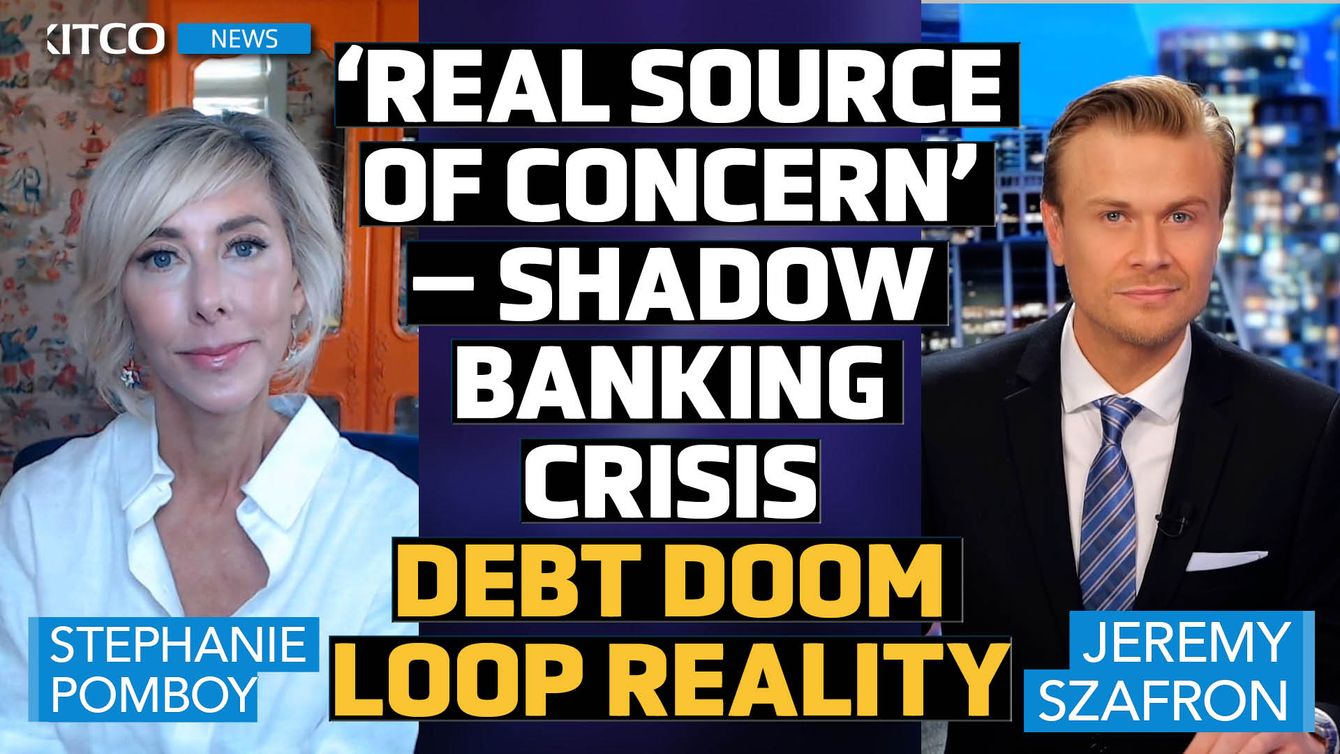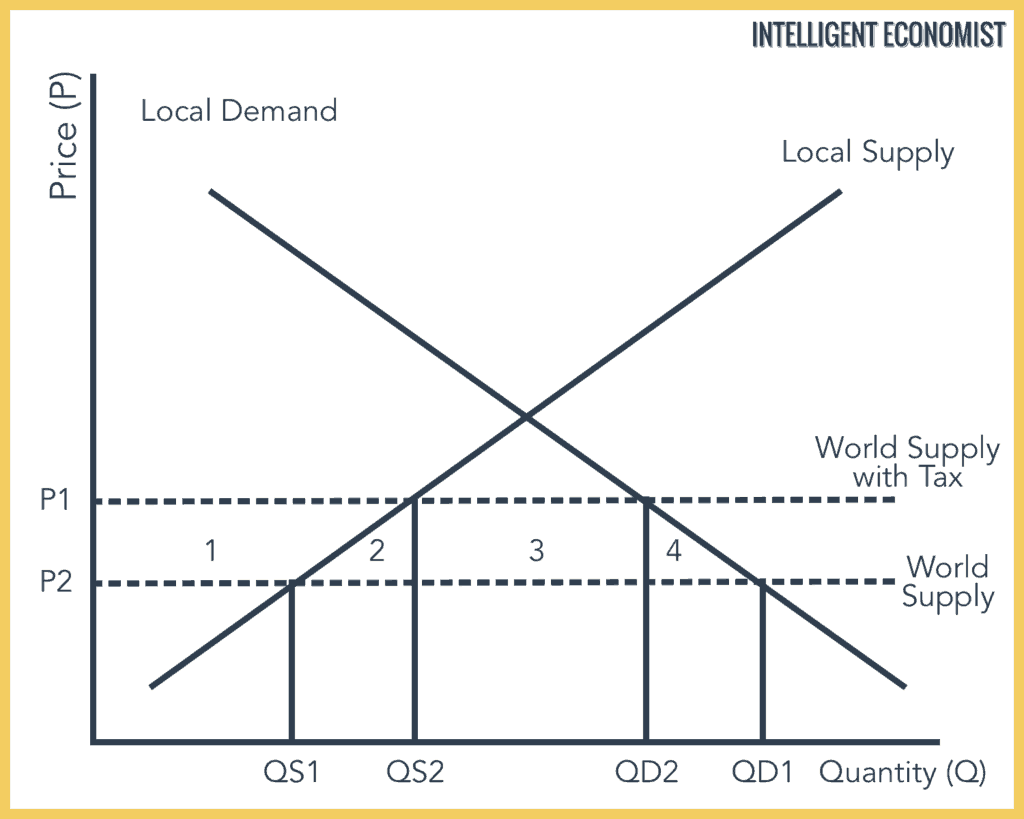Meta's Future Under A Trump Administration: Zuckerberg's Challenges

Table of Contents
Heightened Regulatory Scrutiny
A second Trump administration could significantly alter the regulatory landscape for Meta, reversing the relatively hands-off approach seen in recent years. This shift would likely translate into increased government oversight and more stringent enforcement.
Reversal of Tech Deregulation
A Trump administration might prioritize a more interventionist approach to tech regulation. This could manifest in several ways:
- Increased fines for data breaches and privacy violations: Expect significantly higher penalties for non-compliance with data privacy laws, potentially impacting Meta's bottom line and strategic planning.
- More stringent content moderation rules: A stricter regulatory environment could lead to increased pressure on Meta to remove more content, potentially leading to clashes over free speech principles and creating a chilling effect on online discourse.
- Renewed antitrust investigations: Meta's market dominance could face renewed scrutiny, potentially resulting in investigations, breakups, or forced divestitures of its subsidiaries, such as Instagram and WhatsApp. This could fundamentally reshape the social media landscape.
Section 230 Reform
Section 230 of the Communications Decency Act, which shields online platforms from liability for user-generated content, is likely to be a major point of contention. A Trump administration might push for significant reforms:
- Increased liability for harmful content: Meta could face increased legal liability for content posted by users, requiring more aggressive content moderation strategies and potentially impacting its financial stability.
- Pressure to remove more content: This could lead to a further tightening of content moderation policies, potentially impacting freedom of speech and raising concerns about censorship.
- Significant changes to platform algorithms and content moderation processes: Meta may need to significantly overhaul its algorithms and content moderation strategies to comply with potential Section 230 reforms, requiring substantial investment and potentially altering the user experience.
The Political Advertising Dilemma
Political advertising is another area where Meta is likely to face increased scrutiny under a Trump administration.
Increased Scrutiny of Political Ads
Transparency in political advertising is likely to be a key focus:
- Mandatory disclosure requirements: Expect stricter rules regarding the disclosure of political advertisers and their funding sources, potentially impacting campaign strategies.
- Limits on micro-targeting capabilities: Regulations aimed at curbing micro-targeting could significantly limit Meta's advertising revenue streams and its ability to deliver targeted political messages.
- Increased audits and enforcement of campaign finance laws: More rigorous audits and increased enforcement could lead to greater compliance costs and potential legal challenges for Meta.
Managing Misinformation and Disinformation
Combating misinformation and disinformation campaigns, particularly during elections, will remain a critical challenge:
- Development of more advanced AI tools: Meta will likely need to invest further in AI-powered tools to detect and remove fake news and other forms of manipulative content.
- Increased partnerships with fact-checking organizations: Collaboration with fact-checking organizations will be crucial to enhance the accuracy and credibility of information on its platforms.
- Balancing free speech with combating misinformation: This delicate balance will continue to pose a significant challenge for Meta, requiring careful consideration of its content moderation policies.
Data Privacy and Antitrust Concerns
Data privacy and antitrust concerns remain significant threats to Meta under a potential Trump administration.
Data Privacy Regulations
Existing data privacy regulations might face a rollback or weakening:
- Challenges in complying with varying state and federal regulations: A patchwork of regulations could complicate compliance efforts and increase costs for Meta.
- Increased vulnerability to data breaches and security threats: A less stringent regulatory environment could increase the risk of data breaches and security threats, potentially damaging user trust.
- Potential erosion of user trust and brand reputation: Data privacy breaches and lax regulations could severely harm Meta's reputation and erode user trust.
Antitrust Actions
Antitrust actions against Meta could intensify:
- Potential forced divestiture of Instagram or WhatsApp: A second Trump administration might push for the break-up of Meta, forcing the divestiture of key subsidiaries.
- Increased regulatory scrutiny of mergers and acquisitions: Future mergers and acquisitions by Meta could face significantly greater regulatory scrutiny.
- Significant legal and financial implications: The legal and financial implications of antitrust actions could be substantial, impacting Meta's long-term stability and growth.
Conclusion
Meta faces a multifaceted set of challenges under a potential second Trump administration. From increased regulatory scrutiny and the complex political advertising landscape to intense data privacy and antitrust pressures, Zuckerberg will need to navigate a complex and potentially hostile environment. Successfully navigating these challenges will require proactive engagement with policymakers, robust investment in compliance and transparency measures, and a clear commitment to responsible data handling and content moderation. The future of Meta, and indeed the future of social media, hangs in the balance. Understanding and addressing these challenges will be critical for Meta's long-term success. Understanding Meta's future under a Trump administration is crucial for investors and users alike.

Featured Posts
-
 Robert Pattinsons Unexpected Fear After A Horror Movie A Sleepless Night Story
Apr 27, 2025
Robert Pattinsons Unexpected Fear After A Horror Movie A Sleepless Night Story
Apr 27, 2025 -
 Canadas Trade Patience Weighing Options In Us Deal
Apr 27, 2025
Canadas Trade Patience Weighing Options In Us Deal
Apr 27, 2025 -
 Wichtige Information Pne Ag Und Die Veroeffentlichung Gemaess 40 Abs 1 Wp Hg
Apr 27, 2025
Wichtige Information Pne Ag Und Die Veroeffentlichung Gemaess 40 Abs 1 Wp Hg
Apr 27, 2025 -
 Your Guide To A Happy Day February 20 2025
Apr 27, 2025
Your Guide To A Happy Day February 20 2025
Apr 27, 2025 -
 New Tesla Prices In Canada The Effect Of Tariffs And Inventory
Apr 27, 2025
New Tesla Prices In Canada The Effect Of Tariffs And Inventory
Apr 27, 2025
